Ivory Coast
Ivorians head to the polls on Sunday to vote in a referendum on a new constitution that supporters argue will turn a page on years of crisis and bloodshed.
However, opposition leaders have called the document a step backward for democracy in the French-speaking West Africa’s largest economy.
Opposition leaders this week, held a ‘No’ campaign rally in the country’s economic capital Abidjan, where they encouraged citizens to reject the drafting of a new constitution.
“I am not telling you to go and break things, I am not telling you to go and steal, I am not telling you to go and kill, I am not asking you to go and burn things, but we have to make sure that this vote does not take place,” said Mamadou Coulibaly, opposition leader from the No campaign.
The motion to hold a referendum was approved in the National Assembly with 233 votes in favour and six against. Seven lawmakers abstained.
A series of peace deals beginning in 2003 called for changes to language requiring presidential candidates to prove both their parents are natural-born Ivorians, which was used to ban Ouattara from a 2000 poll.
At a recent rally in Abidjan,President Alassane Ouattara urged supporters to vote yes and put the past behind them.
“The constitution is an assurance that there will be peace for decades to come. So I ask you to come in great numbers on October 30 and vote massively, because that is how we will guarantee peace for you the youth and for the women and all the citizens,” he said.
Human Rights Watch has criticised the government for using intimidation tactics with the arrests of opposition leaders and security forces using force to disperse crowds of opposition supporters on several occasions.
Rights groups also accuse Ivorian authorities of banning media from speaking out against the government, making it difficult for the opposition to get their message out to the public.
“In the context of social cohesion, the president is the guarantor of that national cohesion. I think that the constitution should be a stepping stone to bring people together and break the walls of mistrust and build new bridges so that we can all come together,“said a member of the civil society, Vasseko Karamoko.
“You tell people to vote for yes, but what are they saying yes to? You need to explain to them why they need to vote yes, because when they say vote for yes for national cohesion, I don’t see how article 12 works to promote national cohesion,” said Nathalie Kouakou, head of Amnesty International in Ivory Coast.
Currently, the speaker of parliament is second in line to the presidency, but the constitution states that new elections must be organised within 90 days, a time frame critics say is unworkable.




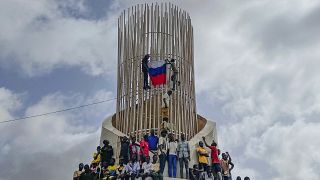

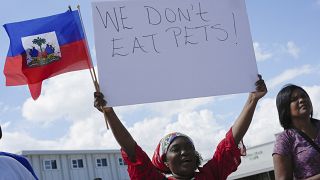
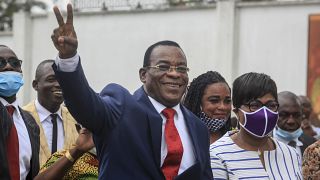
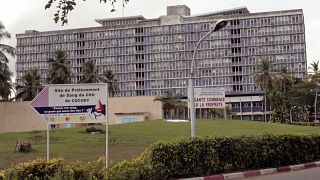
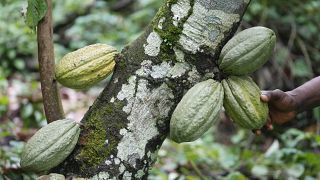
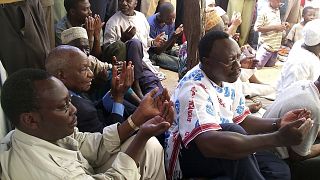
01:11
DRC: UDPS pushes for complete overhaul of 2006 constitution
Go to video
Congo opposition leaders call for protests against president's plan to change constitution
01:16
Ugandan opposition politician kidnapped and jailed, his wife says
01:08
Mozambique: Opposition leader Venancio Mondlane faces legal action
01:10
Senegal parliamentary elections: Polls open, over 7 million expected to vote
01:03
Senegal’s legislative elections: Prime minister calls for retaliation against “attacks” on supporter